A story of the world before the fence by Leeya Mehta
$14.99
A Story of The World Before The Fence is a lush, lyrical study of memory and history. These poems move deftly between the mystical and the known, inviting readers to travel backwards in time and forwards into themselves. Each of us struggles with the heavy-handedness of the past: its merciless shaping of the larger world and, of course, its unrelenting squeeze on our individual lives. Through intense reflection and beautiful invention, Leeya Mehta’s poems offer a kind of second sight.
–Tim Seibles
Whether tracing the 10th century journey of religious refugees from Persia to a tender but continually ambivalent asylum in India or dwelling in the complicities and solidarities of our own era, this is a troubled look at belonging, where belonging is ever “like loving a corpse” among “history’s sad funerals”. Mehta’s compassion and clear, unhurried tone leaven the seriousness and ambition of the work’s intellectual horizons, and an emotional power and turbulence as deep as that in certain moods of its Anacostia River: “brown knot of sludge, // a dragon aching.”
–Vivek Narayanan
Through centuries and across continents, Leeya Mehta evokes the transgenerational trauma of her ancestors, the Zoroastrian Parsis, to narratively structure an intimate, feminocentric experience of cultural and personal displacement. Her haunting poems, with their hard-won wisdom and exquisite imagery, serve as “a warning that the screws of love sit deep in the bone” despite—yet, perhaps, because of—the various forms of exile that complicate identities, relationships, and senses of place. A Story of the World Before the Fence acknowledges “how barriers can keep / wandering spirits separate from those they love,” but it nevertheless consoles us with the miracle that is laughter: a universal language that can still anchor us to one another and help us learn to forgive ourselves for what we have lost along the way.
–Randi Ward
Here’s a Preview of Must-Read Fall Books By Area Authors
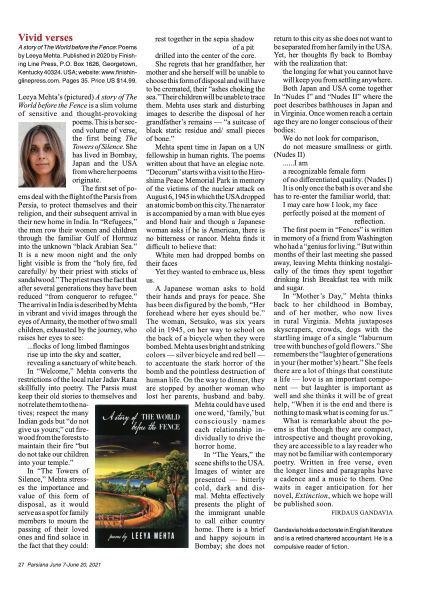
https://www.worldliteraturetoday.org/2021/summer/story-world-fence-leeya-mehta?fbclid=IwAR3kP0HDHda31983UHrhS_KmsNGUlilbiraI4OTZXfeFYoR4GXTFE8sZudA
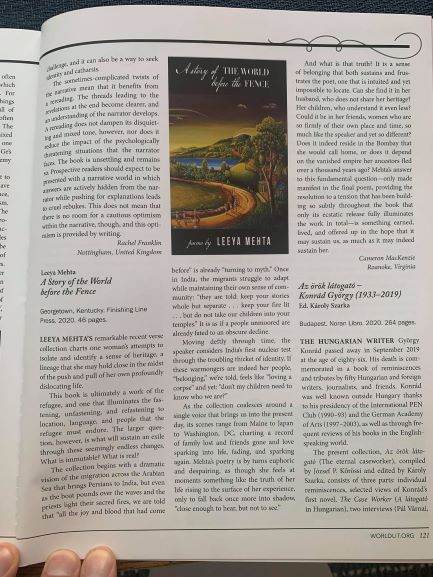
Description
A story of the world before the fence
by Leeya Mehta
$14.99, paper
978-1-64662-349-5
2020
Leeya Mehta is a prize-winning poet, fiction writer and essayist. She is the author of The Towers of Silence and writes a column on the literary life, The Company We Keep.
After travels in the Arctic borderlands and a fellowship in Human Rights in Japan, she lives in Washington DC, where she works in international development. She has recently completed a novel, Extinction. Find her work at https://www.leeyamehta.com/

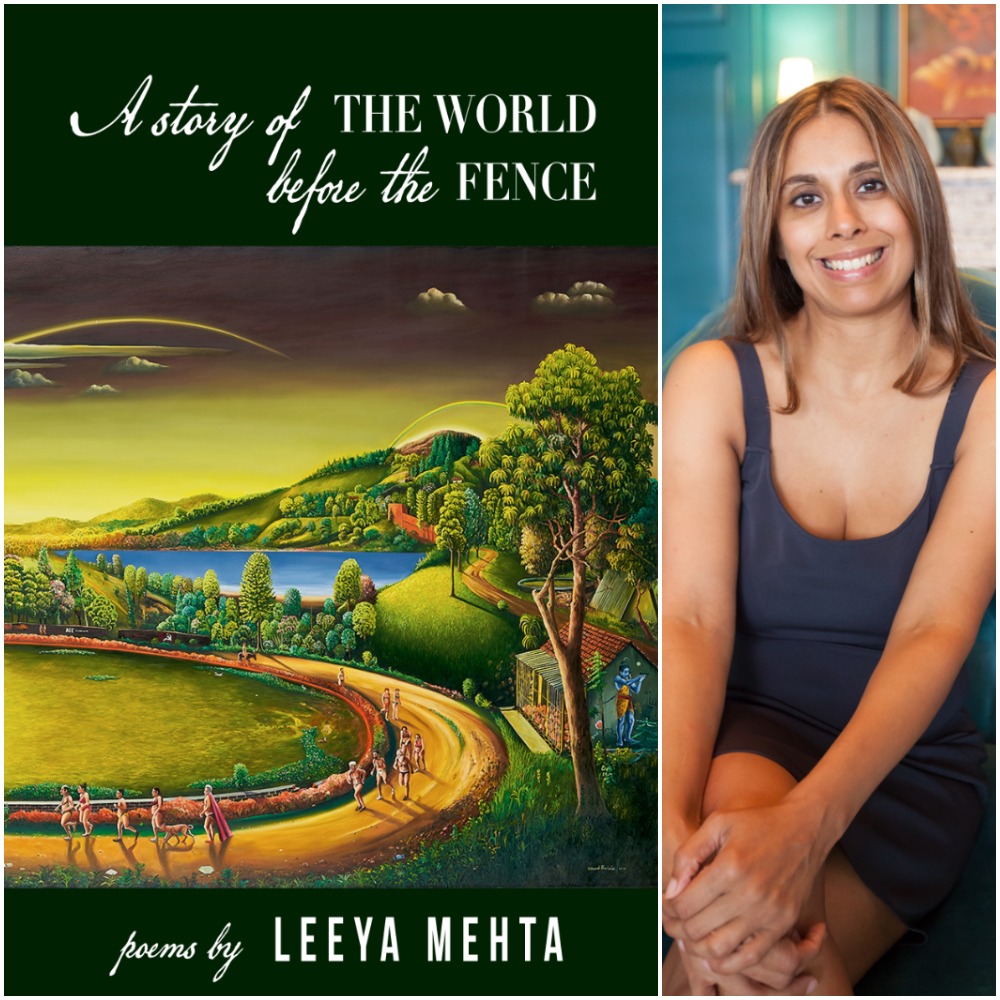



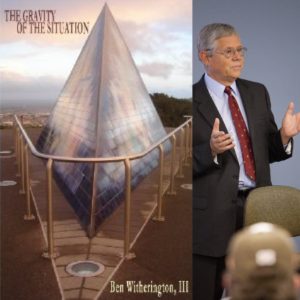
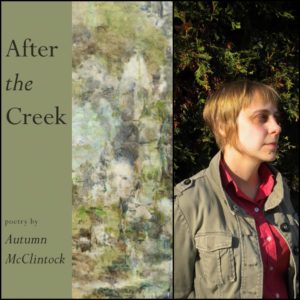

Michael Anania –
Leeya Mehta, History of the World Before the Fence
This remarkable collection begins with a series of poems that vividly recount a migration by boat, presumably carrying Mehta’s distant ancestors, from 10th century Iran to the west coast of India, the dazzle of arrival in a wildly fertile land and the enduring experience of being separate. That sense of displacement, of centuries of separation, persists into poems with contemporary settings, as well. “There is a place I long to describe/in a language I do not know.” The language out of reach here is not Hindi but Avasta, the dead language of that Persian past, In “Abduction,” a poem written in the shadow of India’s first nuclear test, the “hesitant” prayer is Zoroastrian, part still of her rich, if always distant, heritage. The reach for language equal not just to place but to occasions is central here.
Displacements, ancestral and personal, inform this whole of this collection. Poems set in India, Japan and Washington, DC richly describe scenes of personal and domestic life in a world, its ancient, informing faith would remind us, that is defined everywhere by individual, moral choice. The fence of the book’s title is a literal fence in Washington, erected to keep a herd of deer in place, but it is, as well, another figure of separation and mortality. At the close of the book’s final poem Mehta says, “It is time for me to forgive myself for what we have lost,” a consolation, certainly but yet another accepted responsibility.
Michael Anania
Nancy Kiang –
This is indeed a story of a life. This is a beautiful collection of poems that one must read from the beginning to the end to benefit from their full richness. They are so remarkable in their breadth, ranging from the epic, mythic, historical, political, to the present, domestic, intimate. Yet they all hold so well together, enthralling in how they all unfold, telling, yes, the story of a life, a journey from the past, from afar, amid strife and tumult, to the small joys and struggles settled down in relationships in Washington, DC, with time to reflect with compassion about other contexts of other people’s stories. These were not written with the intent to compile this volume, but I believe they were written at different times in the author’s life, and now as a body of work they form a wonderful chronicle, yet diverse, each piece a gem on its own. Mehta’s rich and acute imagery stays with you. She finds the universal in the specific, just as this specific story itself will speak for many. “Refugees” reminds us of those fleeing ravaged countries today, and we are surprised to find it is circa 917 AD. “Welcome” will resonate with anyone who must settle in a foreign land, time immemorial. “Tin” is a clever delight in how it conveys the hurly-burly of domestic bliss. Normally I will read poetry by skipping around in a volume to pick a poem — I am so glad my partner and I read Mehta’s collection cover-to-cover. We did so in about 3-4 sittings, always growing in wonder and appreciation with each next poem, sometimes giving a poem two to three readings aloud. I hope others will savor these poems as we did and get to know this story of a life.
Jessika Trancik (verified owner) –
Each short poem contains a whole world of its own, with all of the complexity and beauty of human interactions. Vivid characters weave through indelible natural scenes spanning continents and generations. The poems are grave but somehow also manage to be light and whimsical at the same time. They are heart-breaking yet also uplifting, grounding and reassuring. This is an exceptional piece of work that I will want to keep close and reread often.
HANNAH GRIECO –
https://washingtoncitypaper.com/article/442605/heres-a-preview-of-must-read-fall-books-by-area-authors/
Stewart P Moss –
Reading the richly detailed, geographically and culturally expansive poems in Leeya Mehta’s A Story of the World before the Fence takes the reader on a journey from her Parsi ancestors’ flight from Persia to India near the end of the first millennium, to the ruins and resilience of Hiroshima, to British academia, and finally to the joys and challenges of being a parent and spouse amid the bustling cosmopolitanism of Washington, DC. Throughout these poems, a distinctive voice emerges, one that is compassionate, tender, often elegiac, but also honest and wry and sees the “fences” we’ve constructed as always fruitless attempts to keep ourselves safe from the inevitability of loss, heartbreak and death. And in spite of it all, as Mehta writes, “We can be lighter, warmer, softer,/Kinder; this day reminds me of that.”
Scherezade B –
Leeya Mehta’s deeply thoughtful poems in ‘Story of the world before the fence’ are layered with splendid imagery and musicality. There is an underlying gentleness in her empathy, as she examines some of the harsh realities of life. Her work embodies the struggles of her ancestors and her own as they journey from their homes to new lands.
Mehta’s poems remind one of Dr. John Messerly’s thoughts on Kundera’s film, ‘The Unbearable Lightness of Being.’ “Perhaps the best we can do is to consider life significant, but not too significant, light but not too light.” In Mehta’s poem ‘Mother’s Day’ the burdens of the heart are at once leavened by a joyous appreciation of the beauty of nature and a remembrance of laughter.
“When you think of me,
Irritable, home sick, carrying my burdens badly,
Burying my laughter deep,
Don’t forget that I see
A red cardinal shooting across a brown garden,
A piece of blue sky,
An orange sunset over a wide river.
When I think of you,
Lonely, too attentive to daytime TV
That keeps you connected to the outside world,
Don’t forget that I see
The laughter of generations in your heart.”
The theme of emerging from darkness into light and slipping back again continues in ‘The Years’ and is particularly interesting because it does not put forth the belief that when Winter is here Spring can’t be far behind but the opposite; when Spring is here, however ephemeral it may be, hold on to it because the return of winter is certain.
In ‘Fences III’ effervescent images of the deer are juxtaposed with stark images of shattered glass and pain capturing the essence of life as it is.
“A carousel, they wove around the circular courtyard with joy,
the night sky filled with the blessing of
snow falling softly on warm snouts
until the King broke away and
bounded into the unseen glass, antlers raised,
shattering it.”
‘Decorum’ strikes a chord that is strangely elating, depicting as it does the possibilities of human forgiveness and love.
“White men had dropped bombs on their faces
Yet they wanted to embrace us, bless us..”
‘All of Me’will might become a favourite of those who have known enduring love;
“When I am old
and I am blind
will you carry me…”
Leeya Mehta’s journey from her home in Bombay to her new life in Washington DC ends on a note of renewed hope in ‘Mother’s Day,’…
“But then I look around the room and see my children laugh a lot anyway,
Like wild flowers they find a crack in the concrete to burst out …”
…..much like that of her ancestors in her first poem ‘Refugees’.
Nosherwan Jehangir (verified owner) –
Leeya Mehta’s “A story of The World before the Fence” is an exploration of her journey from Bombay to Washington and a search for the place where she truly belongs. But it is also the essential cry of the emigrant; “the longing for what you cannot have will keep you from settling anywhere.”
It is also a keen examination of the people in her life; her ancestors, her mother, lovers, husband, friends and children. It is these people that form the waypoints on her journey not the rocks and trees and city streets.
Her poems come alive when read aloud. “We can be lighter, warmer, softer, kinder; this day reminds me of that.” She has a wonderful way with language, displaying an economy of words while expressing a whole world of thought and feeling.
In other words – a wonderful experience.